Activity Plan Samples
-
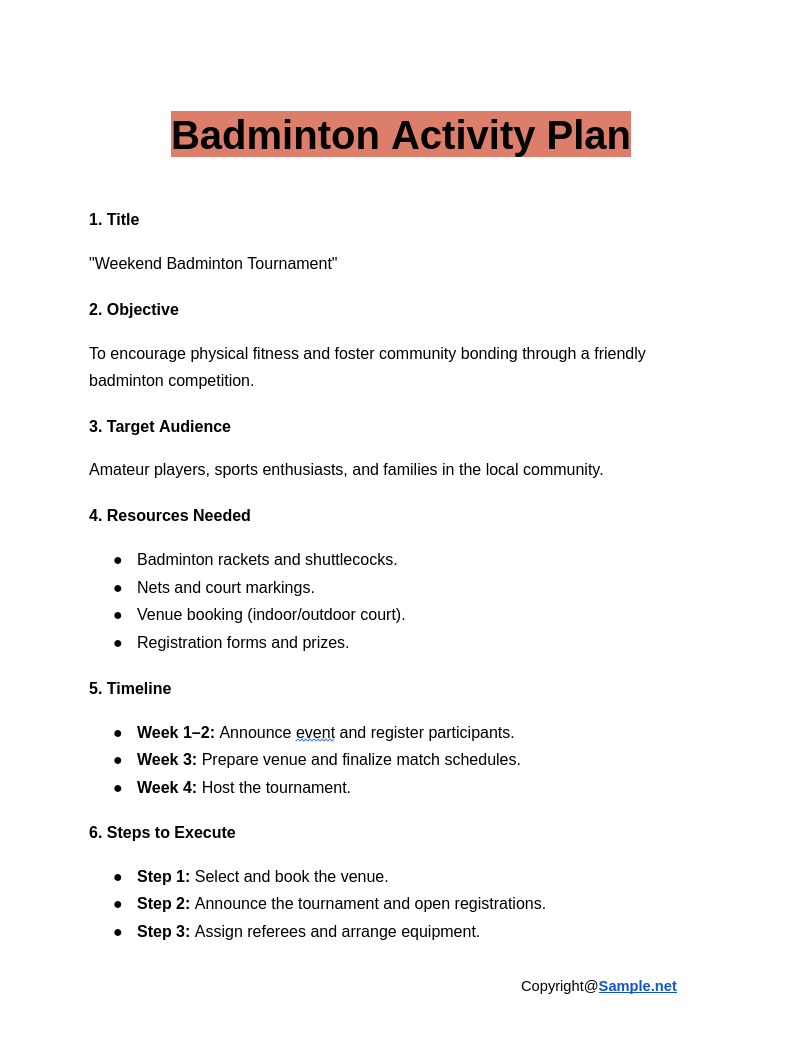
Badminton Activity Plan
download now -
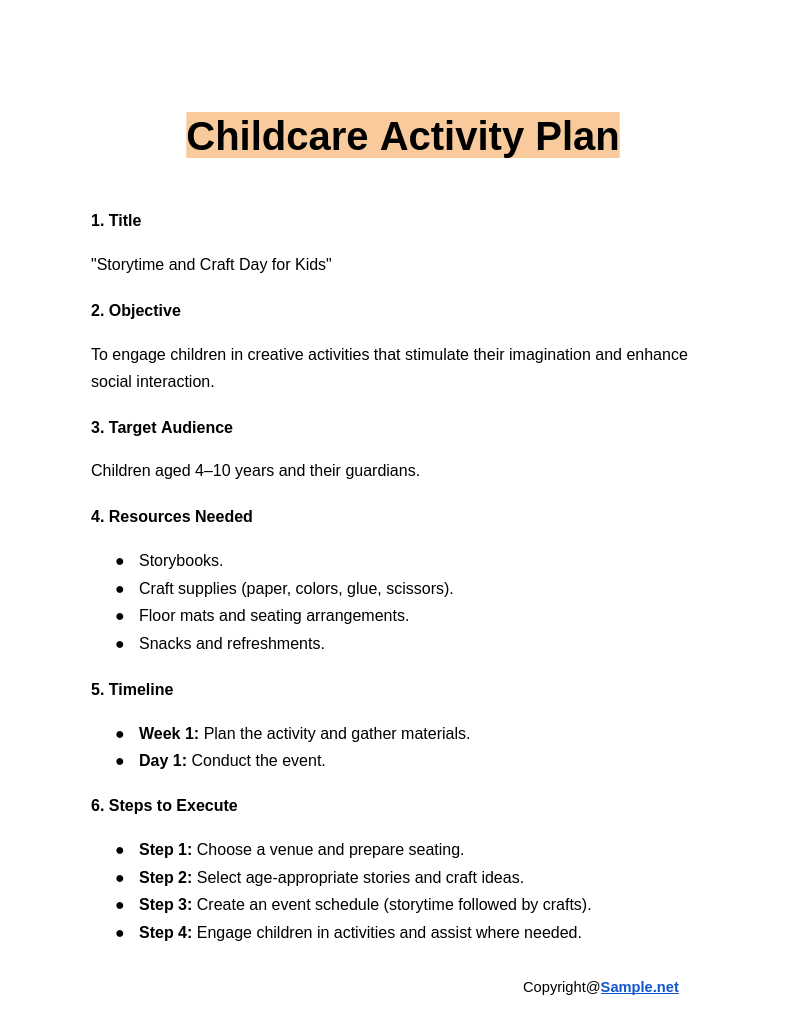
Childcare Activity Plan
download now -
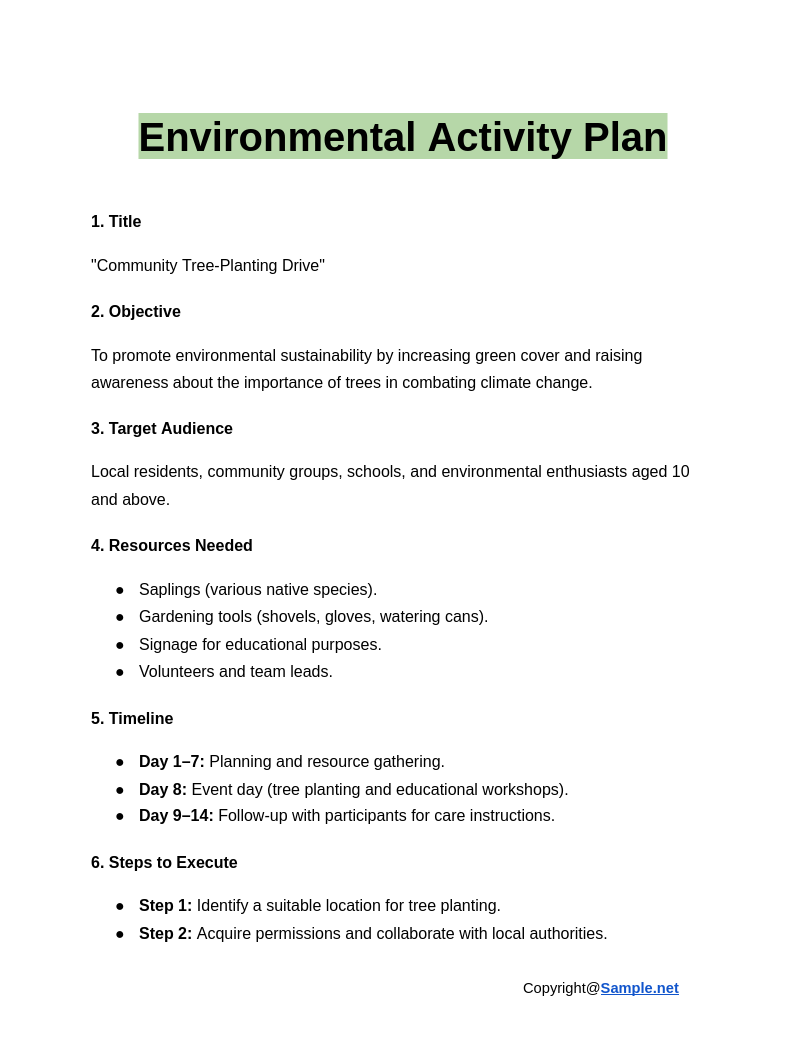
Environmental Activity Plan
download now -
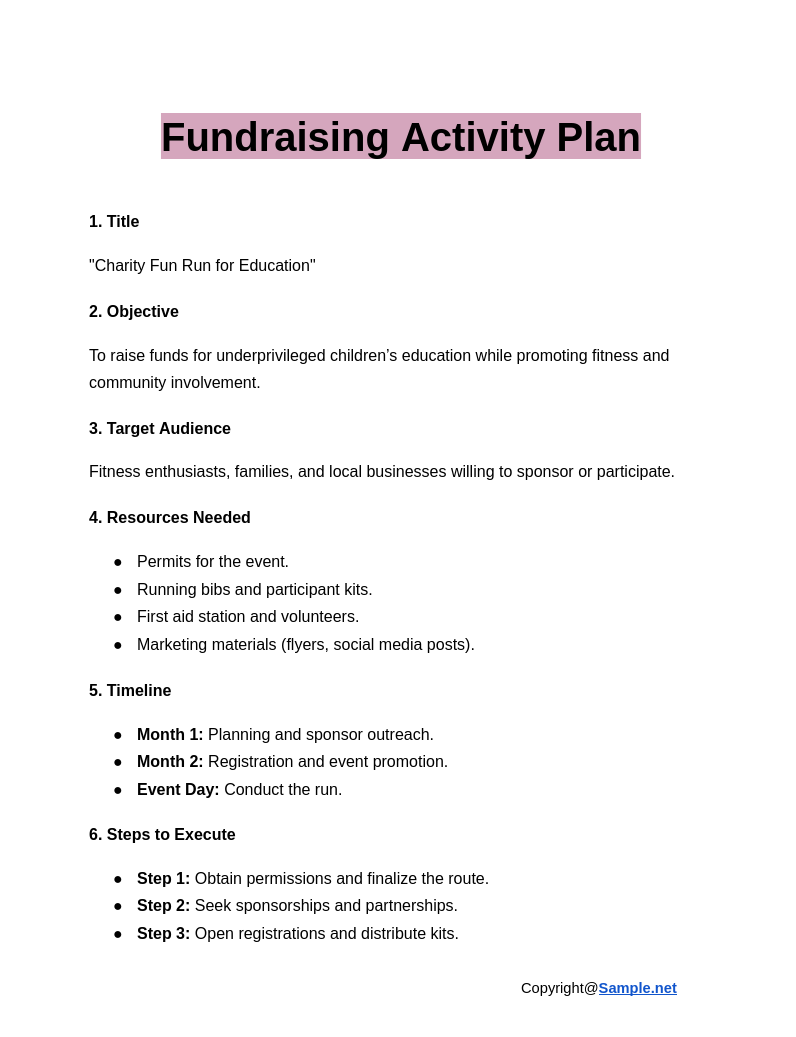
Fundraising Activity Plan
download now -
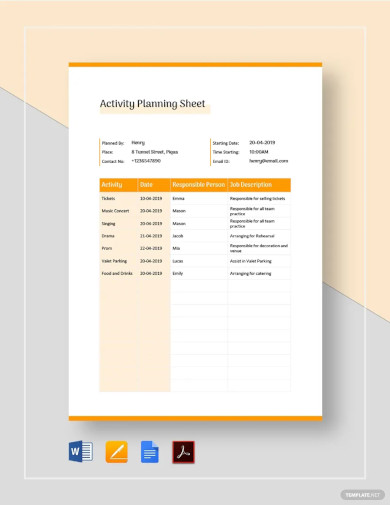
Activity Planning Sheet Template
download now -
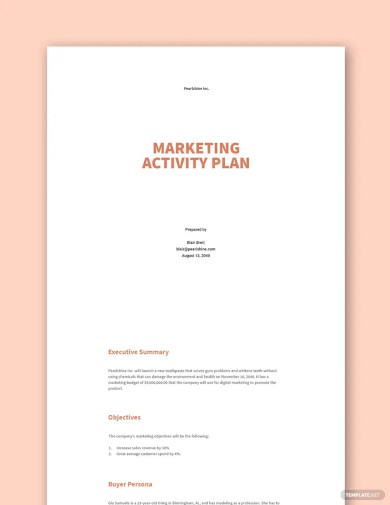
Marketing Activity Plan Template
download now -
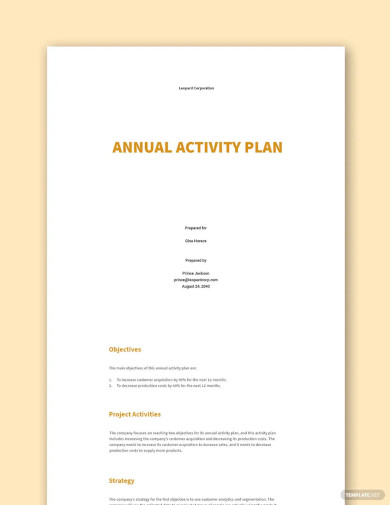
Annual Activity Plan Template
download now -
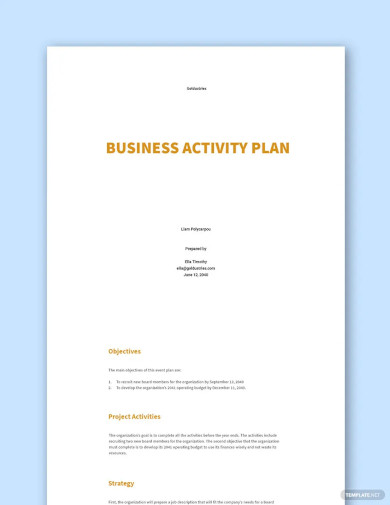
Business Activity Plan Template
download now -
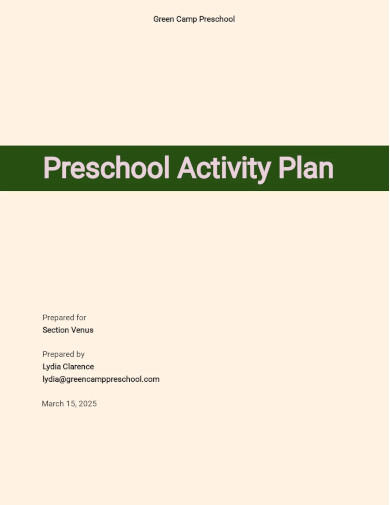
Preschool Activity Plan Template
download now -
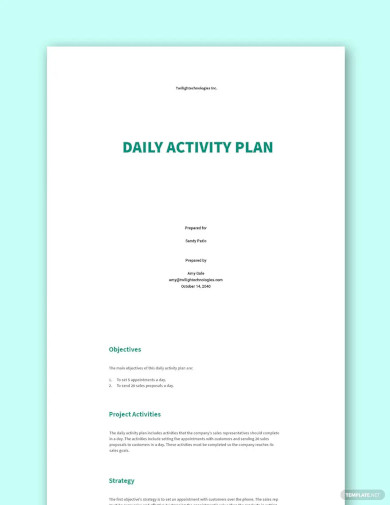
Daily Activity Plan Template
download now -
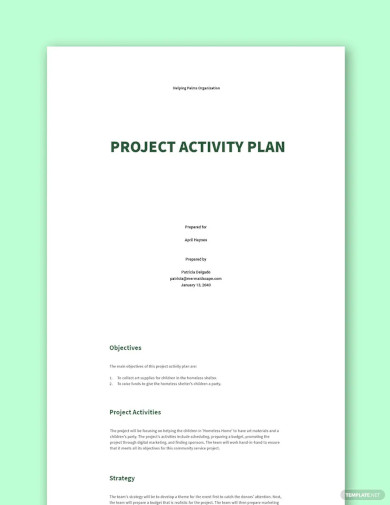
Project Activity Plan Template
download now -
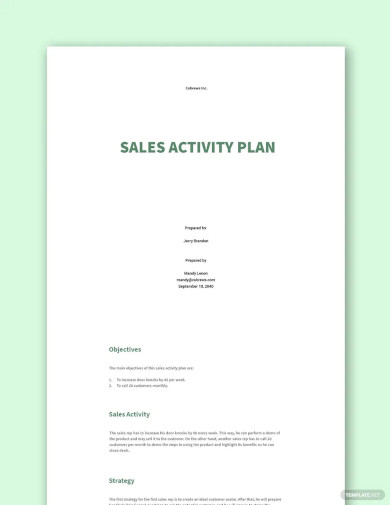
Sales Activity Plan Template
download now -
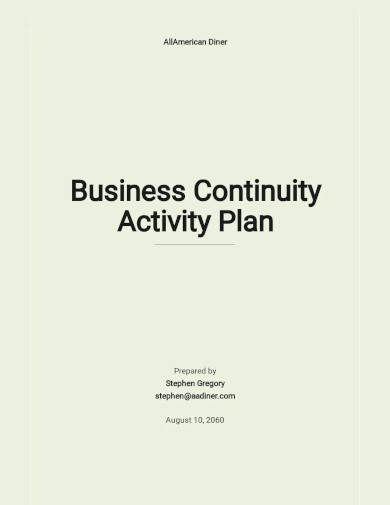
Business Continuity Activity Plan Template
download now -
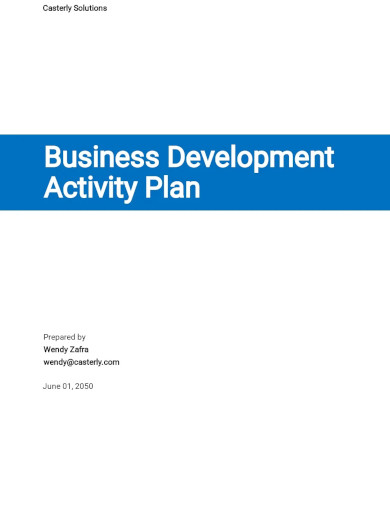
Business Development Activity Plan Template
download now -
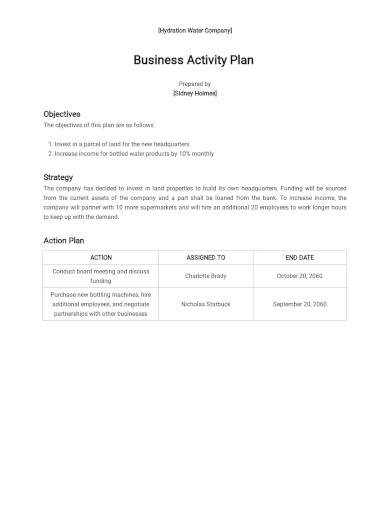
One Page Business Activity Plan Template
download now -
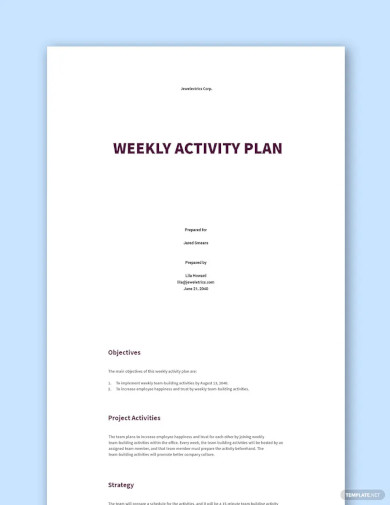
Free Weekly Activity Plan Template
download now -
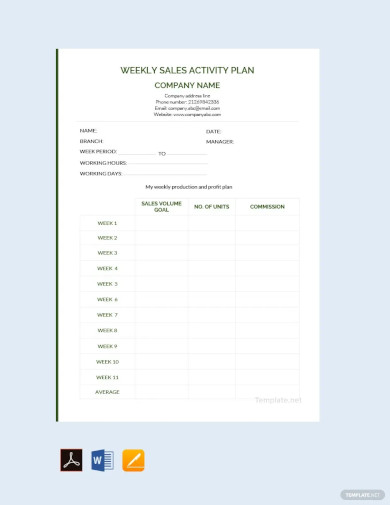
Weekly Sales Activity Plan Template
download now -
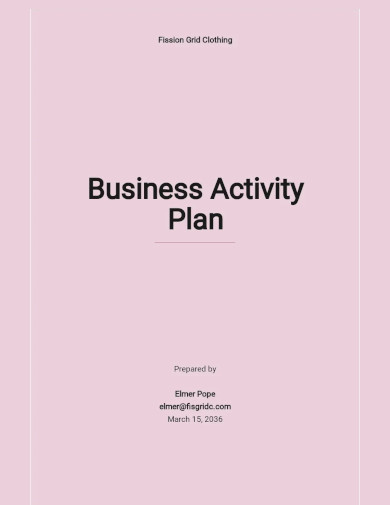
Free Simple Business Activity Plan Template
download now -
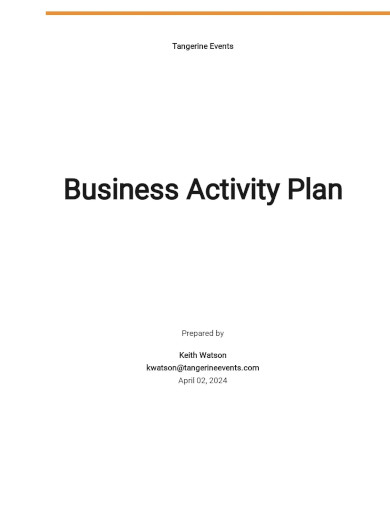
Free Sample Business Activity Plan Template
download now -
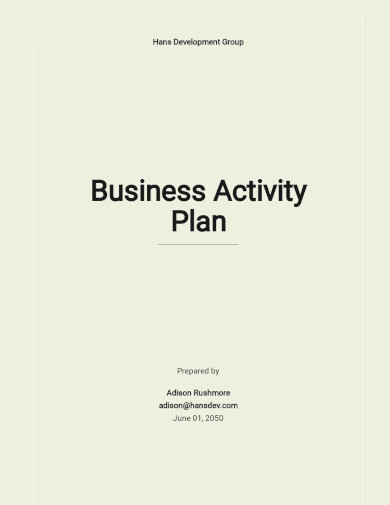
Free Basic Business Activity Plan Template
download now -
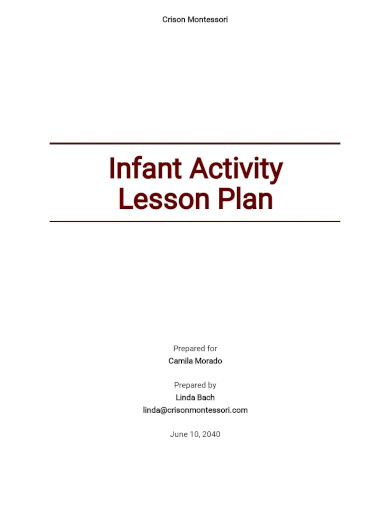
Infant Activity Lesson Plan Template
download now -

Free Business Plan Activity For Students Template
download now -
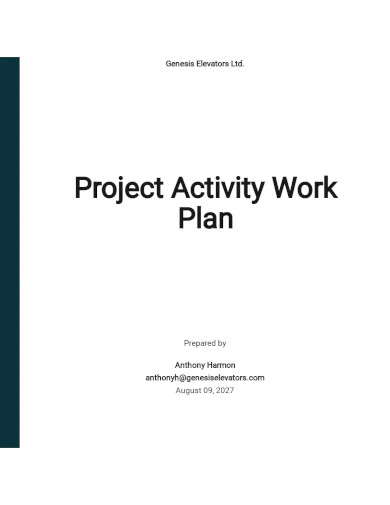
Free Project Activity Work Plan Template
download now -
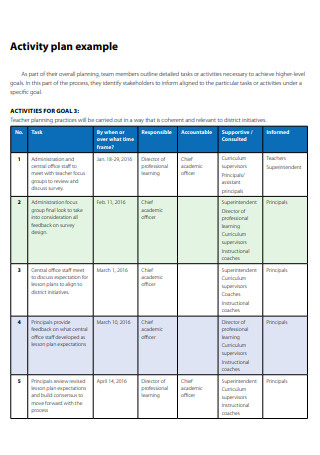
Project Activity Plan Example
download now -
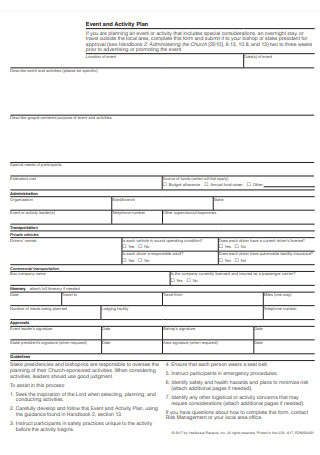
Early Childhood Activity Plan
download now -
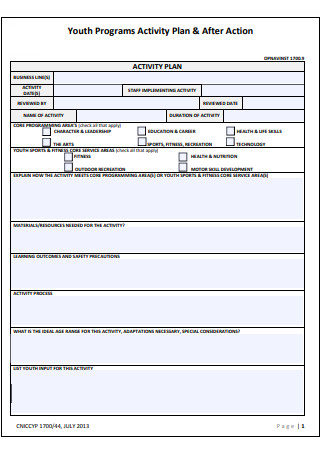
Monthly Activity Plan
download now -
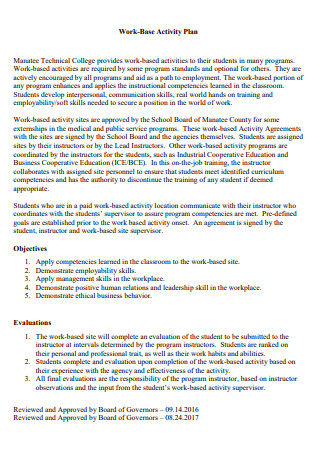
Daily Activity Plan
download now -
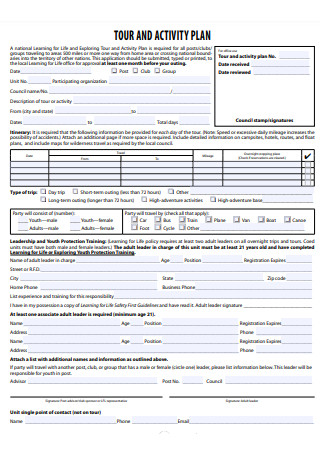
Marketing Activity Plan
download now -
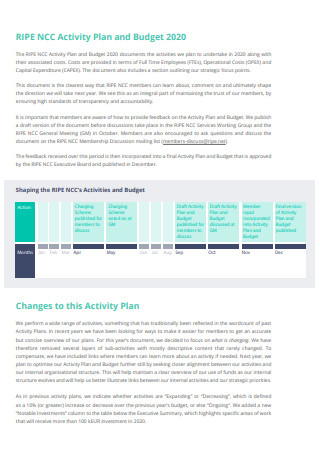
Daycare Activity Plan and Budget
download now -
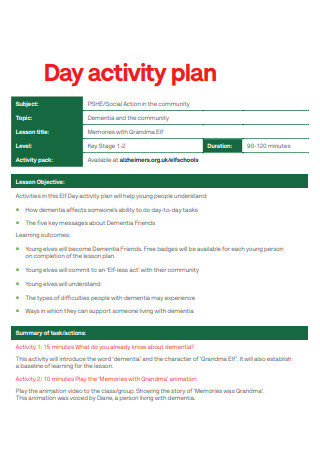
Day Activity Development Plan
download now -
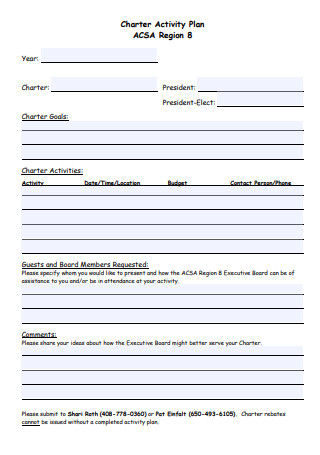
Creative Curriculum Activity Plan
download now -
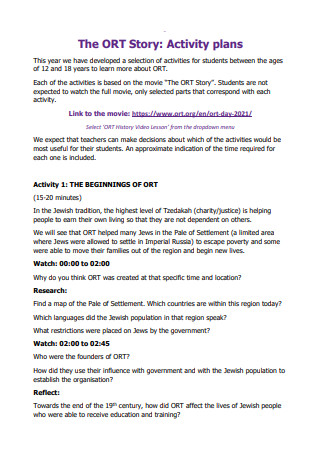
Basic Nursery Activity Plan
download now -
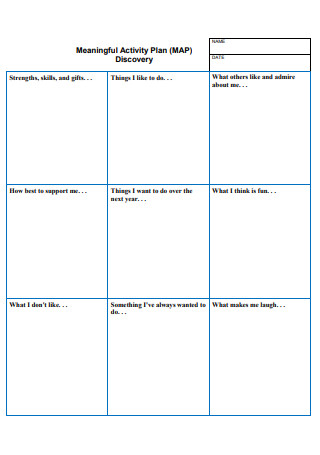
Activity Plan for Child care
download now -
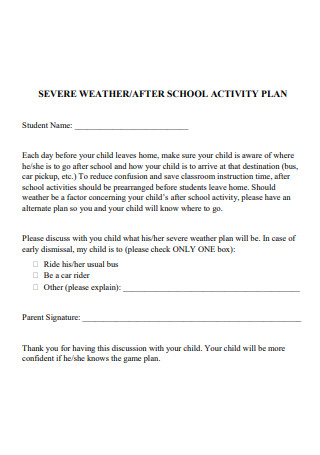
Individual School Activity Plan
download now -
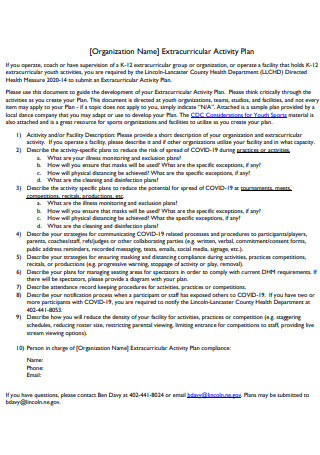
Extracurricular Toddler Activity Plan
download now -
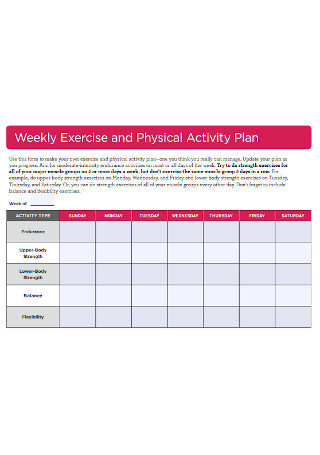
Primary School Activity Plan
download now -
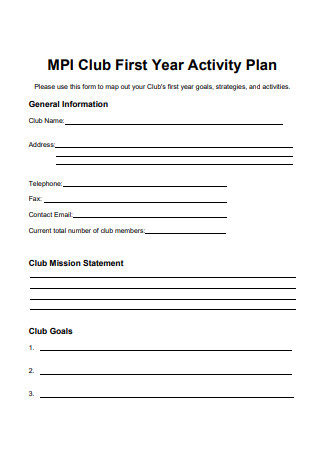
Club Personal Activity Plan
download now -
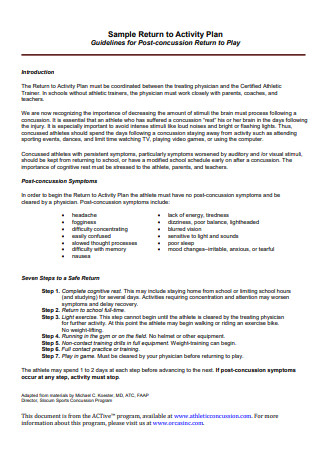
Sample Youth to Activity Plan
download now -
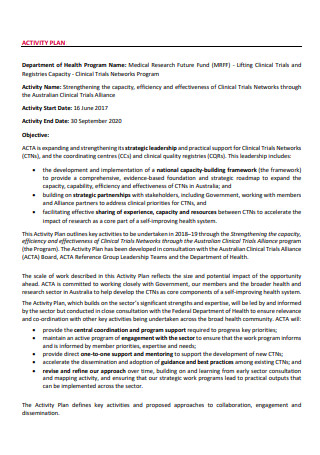
Standard Implementation Activity Plan
download now -
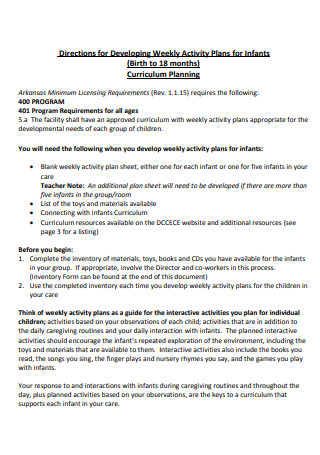
Weekly Activity Plans For Infants
download now -
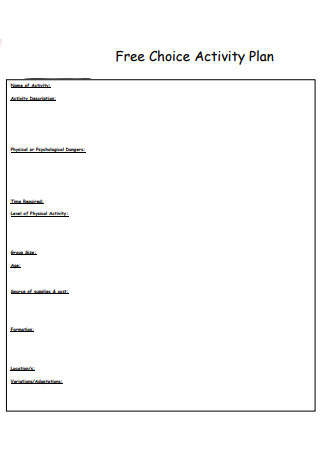
Choice Activity Plan Proposal
download now -
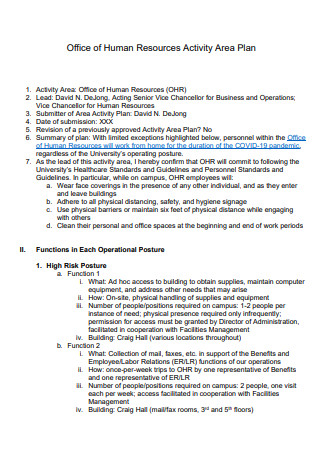
Office of Human Resources Activity Area Plan
download now -
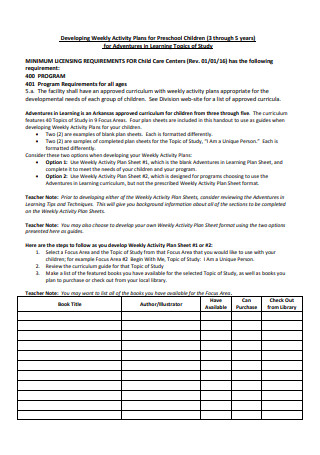
Weekly Activity Plans For Preschool Children
download now -
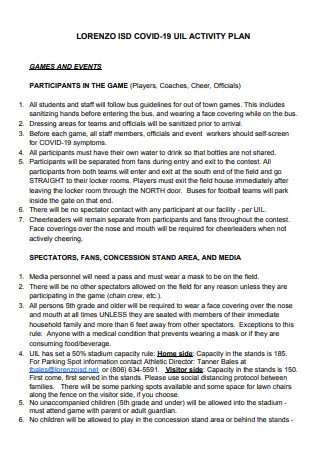
Covid-19 Activity Plan
download now -
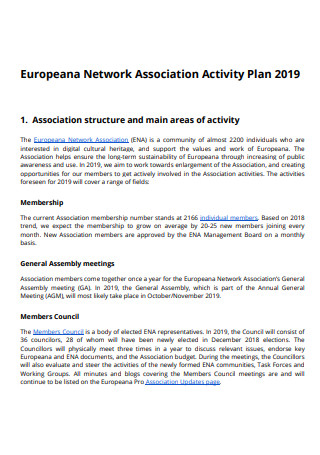
Network Association Activity Plan
download now -
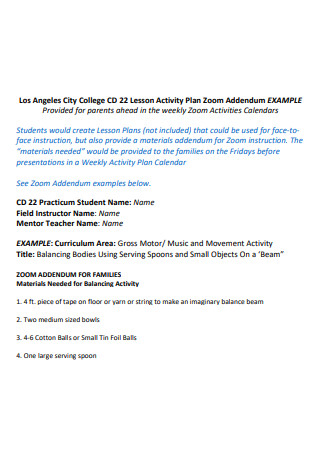
Lesson Activity Plan
download now -
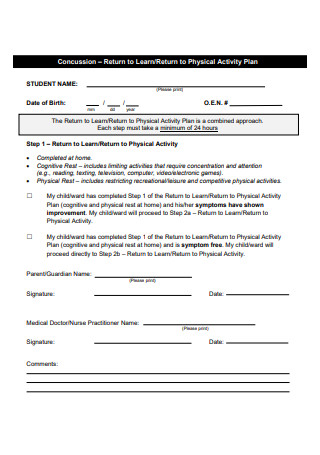
Return to Physical Activity Plan
download now -
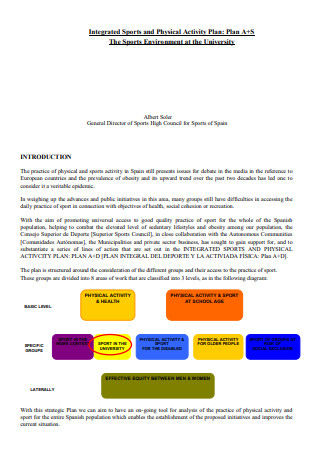
Integrated Sports and Physical Activity Plan
download now -
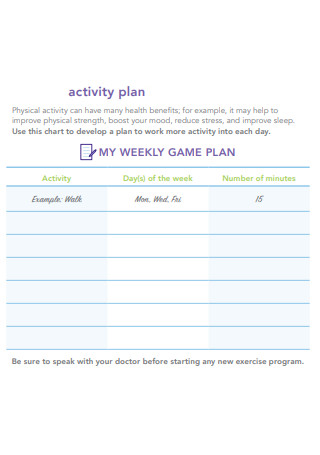
Activity Plan in PDF
download now -
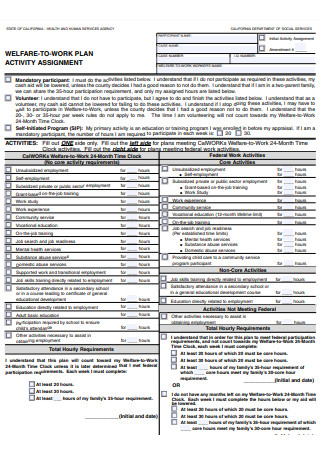
Activity Assignment Work Plan
download now -
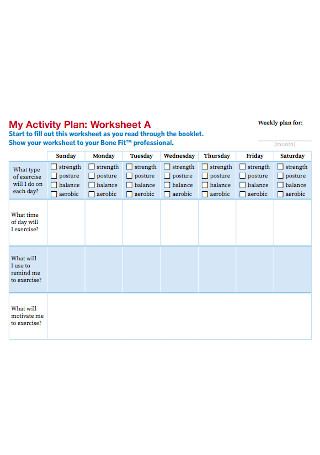
Activity Plan Worksheet
download now -
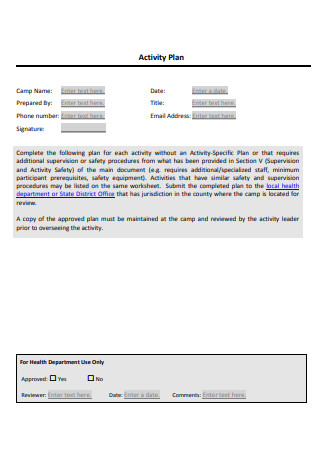
Formal Activity Plan
download now -
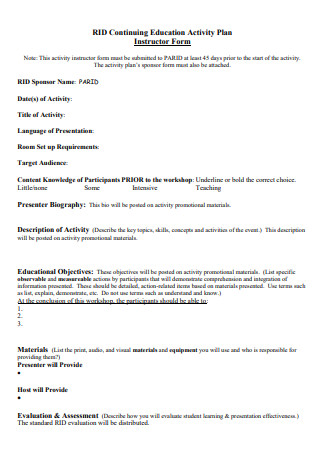
Education Activity Plan
download now -
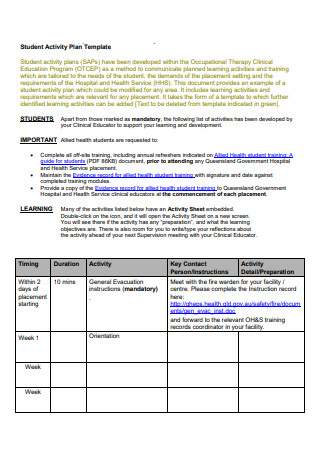
Student Activity Plan
download now -
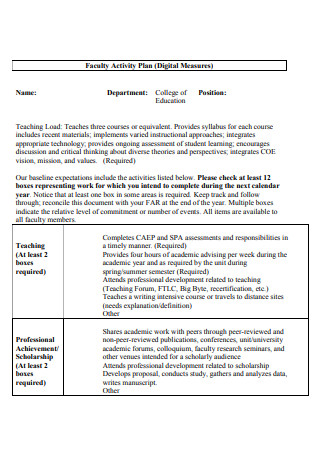
Faculty Activity Plan
download now -
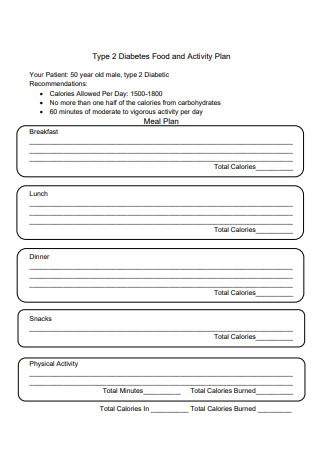
Diabetes Food and Activity Plan
download now -
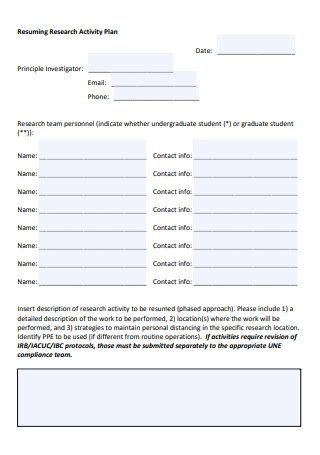
Research Activity Plan
download now -
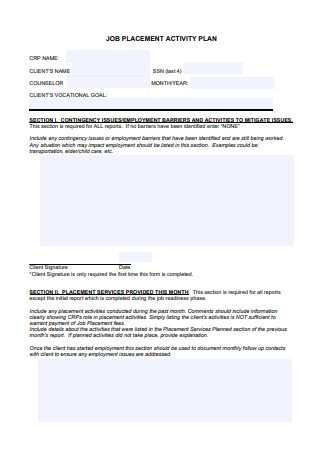
Job Placement Activity Plan
download now -
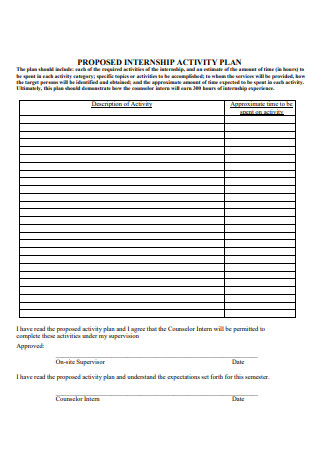
Internship Activity Plan
download now -
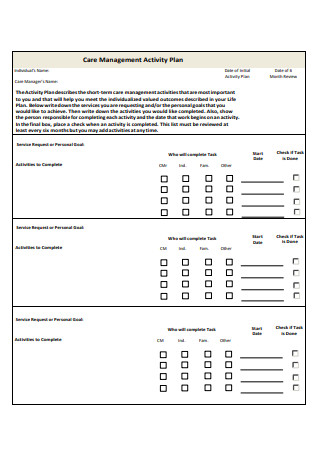
Care Management Activity Plan
download now -

National Physical Activity Plan Survey
download now -
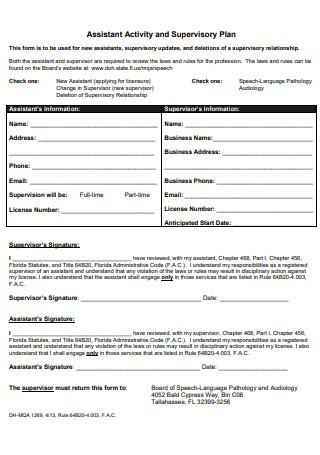
Assistant Activity and Supervisory Plan
download now -
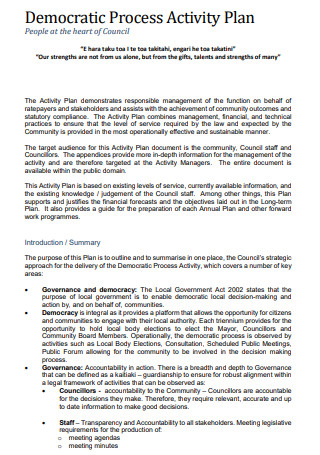
Democratic Process Activity Plan
download now -
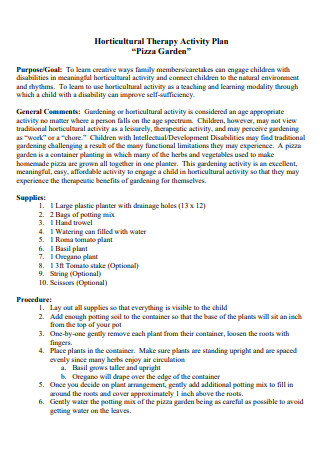
Horticultural Therapy Activity Plan
download now -
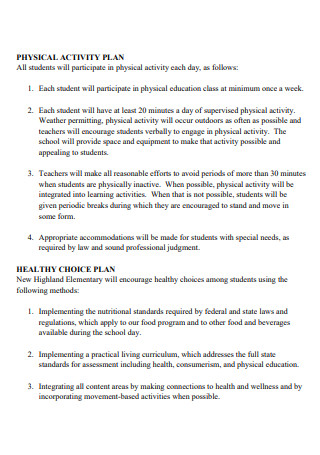
Physical Activity Plan
download now -
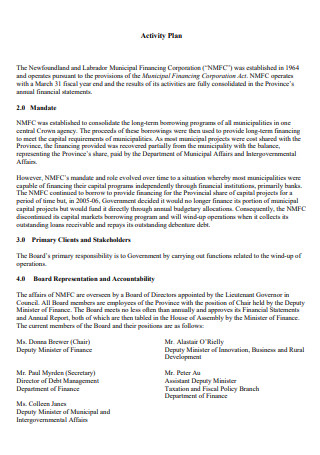
Printable Activity Plan
download now -
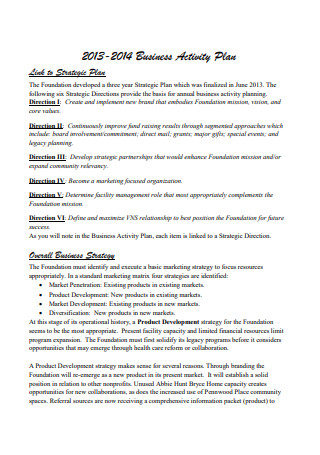
Business Activity Plan
download now -
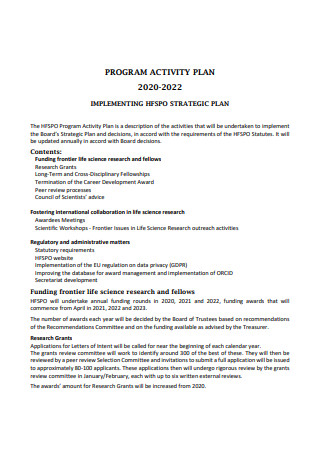
Program Activity Plan
download now -
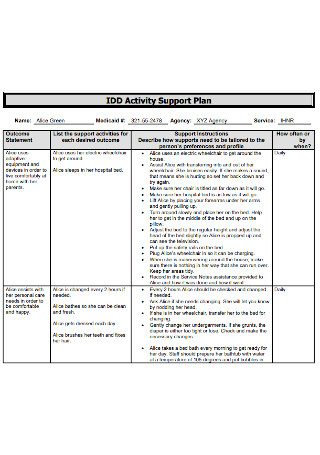
Activity Support Plan
download now -
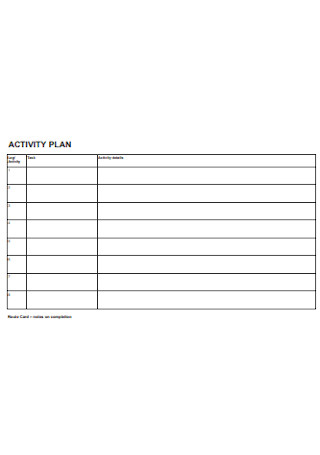
Activity Plan Format
download now -
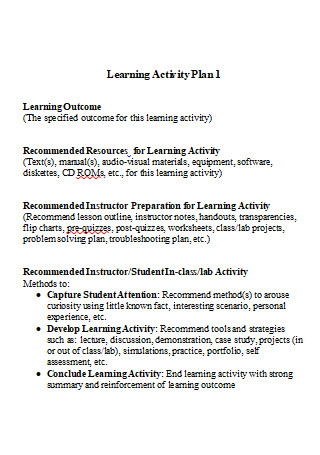
Learning Activity Plan
download now -
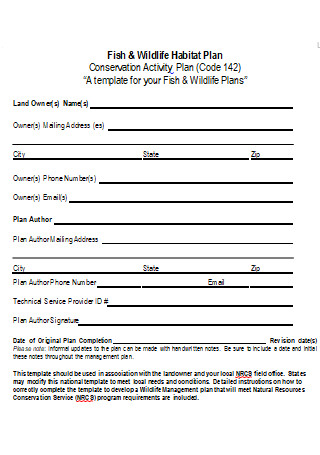
Conservation Activity Plan
download now -
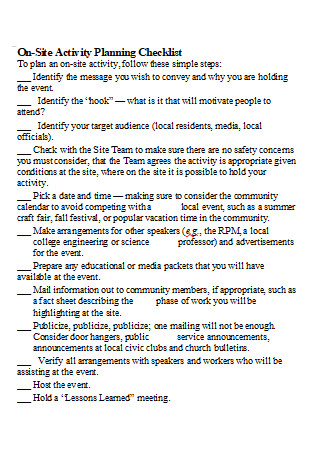
On-Site Activity Planning Checklist
download now -
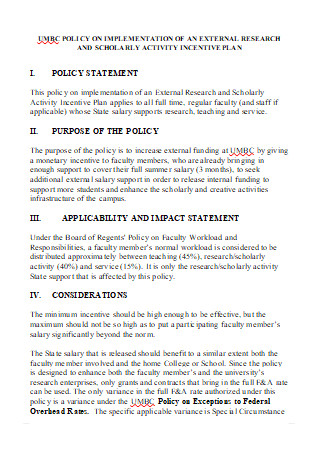
Activity Incentive Plan
download now
FREE Activity Plan s to Download
Activity Plan Format
Activity Plan Samples
What is an Activity Plan?
Purpose of an Activity Plan
How to Create an Activity Plan
FAQS
How does an Activity Plan help in time management?
How do I prioritize tasks in an Activity Plan?
How can an Activity Plan prevent delays?
How often should an Activity Plan be updated?
What are common challenges in creating an Activity Plan?
Can Activity Plans be used for personal development?
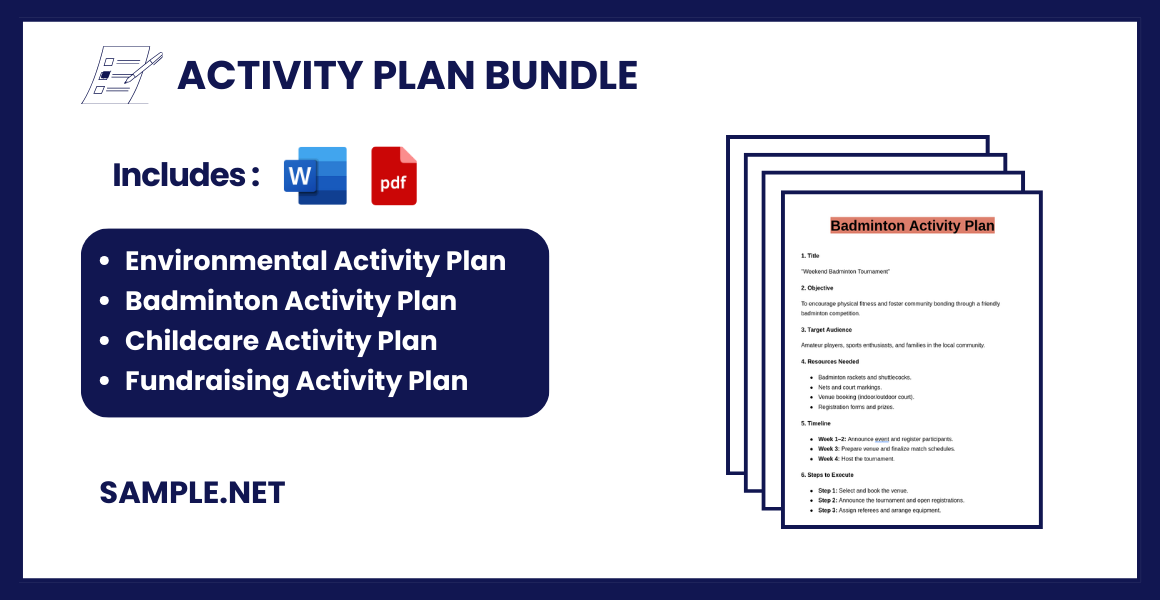
Activity Plan Format
1. Title
Provide a clear and concise title for the activity (e.g., “Social Media Marketing Campaign Plan”).
2. Objective
Clearly define the purpose and goals of the activity. Specify what you aim to achieve through this plan.
3. Target Audience
Identify the primary group or individuals the activity is intended for. Include relevant demographic, behavioral, or psychographic details.
4. Resources Needed
List all the materials, tools, and personnel required to execute the activity. Be specific and include quantities if applicable.
5. Timeline
Provide a detailed schedule with milestones and deadlines. Break the timeline into phases or tasks with specific dates.
6. Steps to Execute
Outline the sequence of tasks to complete the activity in a step-by-step manner:
- Step 1: [Description]
- Step 2: [Description]
- Continue until all steps are outlined.
7. Key Performance Indicators (KPIs)
Specify measurable metrics to evaluate the success of the activity. Examples include:
- Number of participants.
- Increase in engagement or revenue.
- Achievement of specific project goals.
8. Potential Challenges
Identify any possible obstacles or risks and how you plan to address or mitigate them.
9. Budget
Provide a breakdown of the estimated costs for the activity, including all necessary expenditures.
10. Evaluation Plan
Describe how you will assess the effectiveness of the activity. Include methods like surveys, data analysis, or stakeholder feedback.
11. Notes/Additional Information
Add any supplementary details, reminders, or relevant considerations not covered in the above sections.
What is an Activity Plan?
Simply put, an activity plan is more or less a timeline that breaks down what your project will look like in terms of its actualization. It defines what you want to mount, what goals you hope to reach and how these can be achieved through a set of activities so it’s almost crucial that you make one so your goals can be accomplished and you can stay motivated in keeping track of them. To really over simplify its definition, you can liken it to a to-do checklist except it’s more broad in coverage and detailed in its information. You can also see more on Daily Action Plan.
Purpose of an Activity Plan
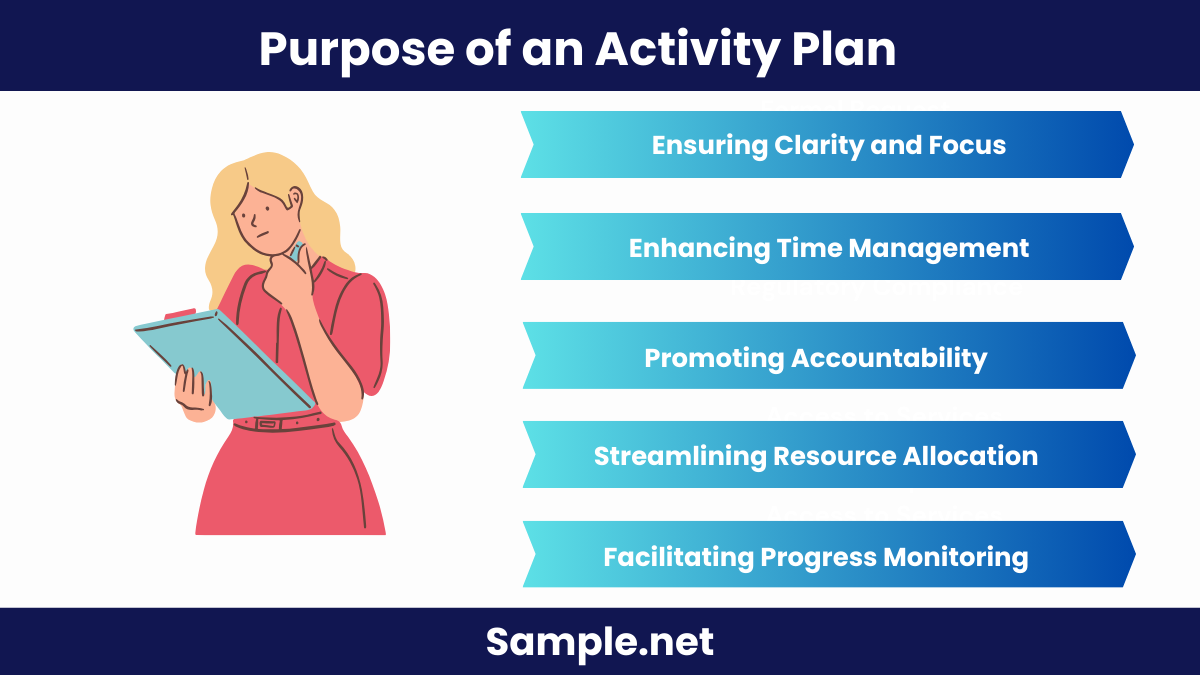
An Activity Plan provides a clear structure, ensuring that tasks and objectives are organized and achievable.
1. Ensuring Clarity and Focus
An Activity Plan defines the objectives, tasks, and timelines in a clear and structured way. This ensures that everyone involved understands what needs to be done and avoids confusion. With a clear plan in place, distractions are minimized, and efforts are channeled toward achieving the desired outcomes. You can also see more on Work Plan.
2. Enhancing Time Management
By setting specific timelines for each task, an Activity Plan helps in managing time effectively. It prevents delays by prioritizing tasks and allocating sufficient time for completion. This improves efficiency and ensures that projects are completed within the desired timeframe.
3. Promoting Accountability
An Activity Plan assigns specific responsibilities to individuals or teams. By clarifying who is responsible for what, it fosters accountability and ensures that tasks are completed. This improves teamwork and ensures that everyone contributes to the overall goal.
4. Streamlining Resource Allocation
An Activity Plan helps identify the resources needed for each task, whether it’s manpower, tools, or finances. Proper planning ensures that resources are used efficiently, avoiding waste and ensuring that every task is adequately supported. You can also see more on Project Plans.
5. Facilitating Progress Monitoring
By breaking the project into smaller tasks with deadlines, an Activity Plan allows for regular progress tracking. It provides a clear picture of what has been accomplished and what remains to be done. This enables adjustments to be made as needed, ensuring the project stays on track.
How to Create an Activity Plan
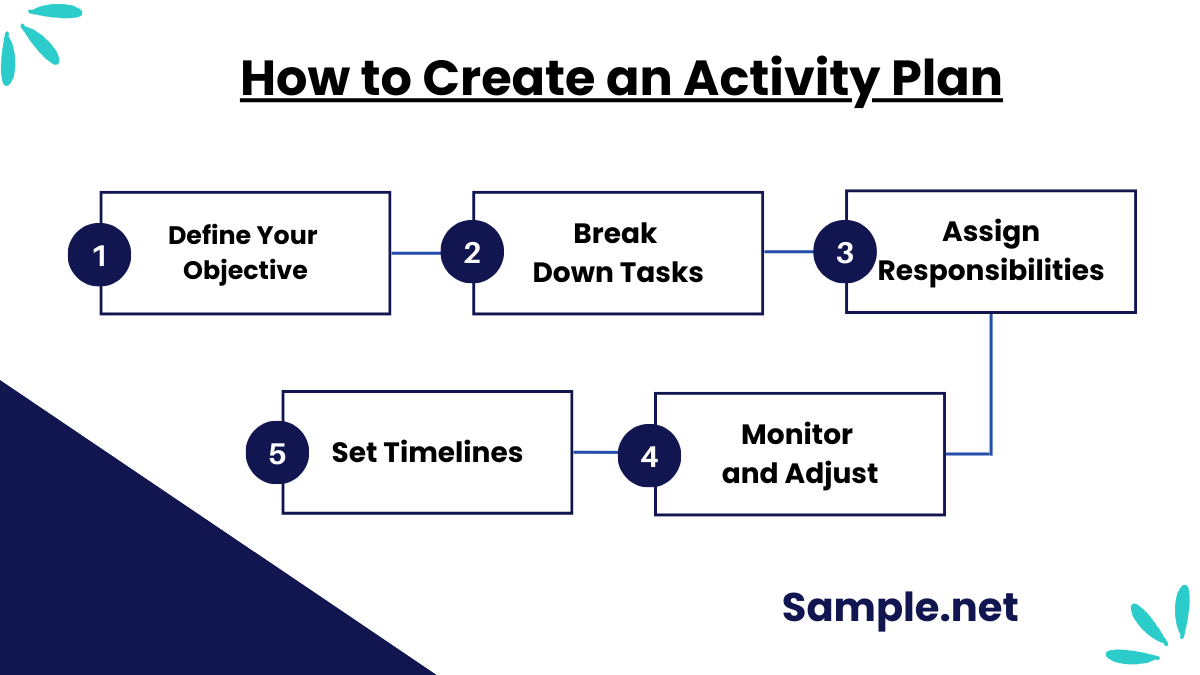
Step 1: Define Your Objective
Start by identifying the goal you want to achieve. Be specific and clear about the desired outcome, whether it’s completing a project, organizing an event, or accomplishing a personal goal. A well-defined objective sets the direction for the entire plan. You can also see more on Lesson Plans.
Step 2: Break Down Tasks
List all the activities or tasks required to achieve your objective. Break them into manageable and actionable steps, ensuring no task is overlooked. Organize them in a logical sequence to maintain smooth workflow and progress.
Step 3: Assign Responsibilities
For each task, assign responsibilities to individuals or teams. Clearly define who will handle each activity, ensuring everyone understands their role. Accountability ensures that tasks are completed on time and contributes to overall success.
Step 4: Set Timelines
Establish deadlines for each task to ensure timely completion. Consider the complexity of each activity and allocate sufficient time accordingly. Timelines help in tracking progress and avoiding delays, keeping the plan on schedule. You can also see more on Leave Plan.
Step 5: Monitor and Adjust
Regularly review the progress of your Activity Plan to identify any issues or delays. Make adjustments as needed to address challenges or accommodate changes. Continuous monitoring ensures the plan remains flexible and effective in achieving its goals.
FAQS
How does an Activity Plan help in time management?
By breaking tasks into smaller steps and setting deadlines, an Activity Plan ensures time is used efficiently and goals are achieved on schedule. You can also see more on Maintenance Plan.
How do I prioritize tasks in an Activity Plan?
Prioritize tasks by evaluating their importance and urgency. Use frameworks like the Eisenhower Matrix to categorize tasks and focus on those that have the greatest impact on achieving your goal.
How can an Activity Plan prevent delays?
By setting realistic timelines and regularly monitoring progress, an Activity Plan helps identify potential delays early. Adjustments can be made proactively, ensuring tasks are completed on time. You can also see more on Engagement Plan.
How often should an Activity Plan be updated?
Update your Activity Plan as needed, especially when new tasks arise, priorities shift, or timelines change. Regular updates keep the plan relevant and aligned with your goals.
What are common challenges in creating an Activity Plan?
Challenges include setting unrealistic timelines, unclear objectives, and lack of accountability. Overcoming these requires proper planning, communication, and regular review. You can also see more on Monthly Action Plan.
Can Activity Plans be used for personal development?
Absolutely! Activity Plans are great for personal goals like fitness routines, skill development, or daily task management, helping individuals stay organized and motivated.
